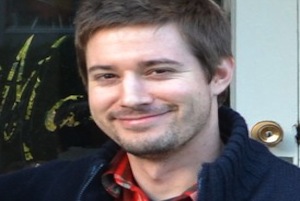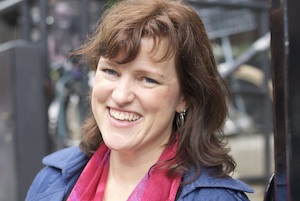08 Feb When Reality TV Informs Reality: A Frightening Prospect?

A huge growth market for Line 21 is transcribing raw footage and interviews for reality TV shows. As you may know, reality TV shows shoot huge quantities of digital footage, most of which is boring or mundane (even to the point of monitoring empty rooms for hours at a time), and then the hours of dross are edited to create one hour episodes of coherent narrative… and can we please make those hours as dramatic as possible?!
The result can be a highly entertaining viewing experience. But most of us aren’t fooled into thinking it’s really “reality”. We recognize the editing that’s required to create the entertainment, and we know that one person’s poorer qualities may be disproportionately featured in order to create a villain, or another player’s momentary naiveté is being exploited so that they appear perpetually daffy. That’s just reality TV. But even shows that are written off as silly fluff are produced, edited, and managed by smart people with useful tools.
Back to Line 21’s task: we transcribe the hours of interview footage, which is then tagged and ordered in a database along with action and background footage so that, when “creating” the lovably daffy character, producers can easily locate material in support of their creation. The tagging and logging saves editors hours and hours of tedious searching for appropriate moments. A simple database search and the material they need is at their fingertips. Not surprising then, that the reality TV industry has developed lots of solutions for transcribing, logging, storing, and managing footage.
So imagine our surprise when we recently read of a new report titled “The Future of Air Force Motion Imagery Exploitation: Lessons from the Commercial World.” Prepared by the RAND Corporation, the report suggests the future of American Air Force surveillance should follow closely the reality TV model.
Yes, you read that correctly. The RAND Corporation strongly advises the American Air Force adopt reality TV practices to deal with the astronomical (and increasing) quantities of surveillance footage they collect. From the way they set up their monitoring stations, to the ways they tag and database images in their raw footage, American military intelligence has a thing or two to learn from “Jersey Shore.”
It might be funny or ironic at first glance, but step back a moment and recall: the techniques the intelligence community is being advised to adopt were created for the purpose of creating reality TV: a medium in which very little premium is placed on “reality” and a huge premium is placed on “constructed entertainment.” At what point along the road does “reality TV editing” slip into “reality editing”? Is there a dangerous boundary here that someone’s about to merrily blur?
For more articles on this somewhat frightening idea, check out this article and this article.
Transcription Pro Tip
There’s a big difference between going to Riyadh, the capital of Saudi Arabia, and going to rehab. But when discussing middle east travel plans recently, rehab is what was heard, creating a bit of an awkward moment before it was understood and laughed off. Always be sure you’re listening carefully – in transcription and in regular life!
 Project Profile
Project Profile
From Andrew Orenstein, the creator of Malcolm In The Middle and Third Rock From the Sun, Package Deal is about the inevitable conflict and hijinks that arise when a shopkeeper falls in love with a lawyer who has an overly close, dysfunctional relationship with his two older brothers. Check it out on City TV, Mondays at 8:30! Captioners find it laugh-out-loud hilarious. Thanks for letting us work on this show! And congratulations to Thunderbird Films!
Find them both on Facebook:
Package Deal
Thunderbird Films


 Project Profile
Project Profile







